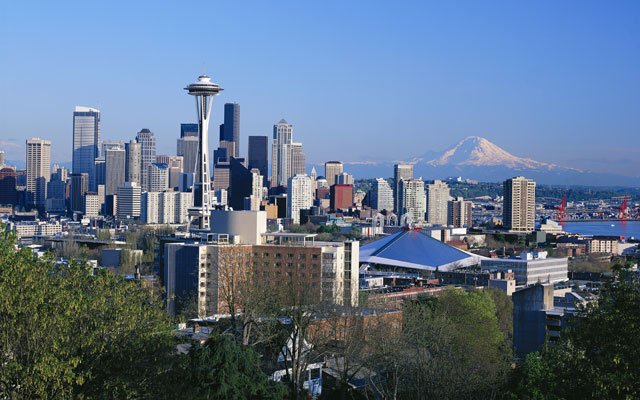Shoplifters Hiding Behind Plastic Bag Ban?
Alyssa Badolato /
Seattle’s plastic bag ban became effective on July 1, 2012, prohibiting all Seattle retail stores from providing customers with plastic carryout bags—even bags advertised as biodegradable. But banning plastic bags has caught up with the city, harming businesses through theft.
Seattle businesses are facing the unintended consequences of nanny-state control.
Mike Duke, the operator of Lake City Grocery Outlet, claims since this plastic-bag ban took effect in July 2012, his grocery store has lost at least $5,000 in produce and between $3,000 and $4,000 in frozen food. The Dukes blame the ban for their monetary losses, citing the ease of concealing items in reusable shopping bags.
“We’ve never lost that much before,” Duke told the Seattle Post Intelligencer.
Mike Duke is not alone; According to data collected by the Seattle Public Utilities, 21.1 percent of businesses report suffering an increase in shoplifting since the plastic-bag ban.
When the ban first passed, Heritage’s Rob Bluey quoted GreenBiz’s Marc Gunther on the negative effects using paper as opposed to plastic would have on the environment. This recent article about the rise in theft correlated with the ban proves another one of Gunther’s points: The subject is complicated.
The ban has been in effect for less than a year and does not live up to its original goal, stated by Councilman Mike O’Brien after passing the law: “I think we’ve gotten to a place where it’s really going to work for the environment, businesses and the community in general.”
Unfortunately, O’Brien did not foresee the consequences of this “feel-good” legislation: more problems at the expense of the people.

